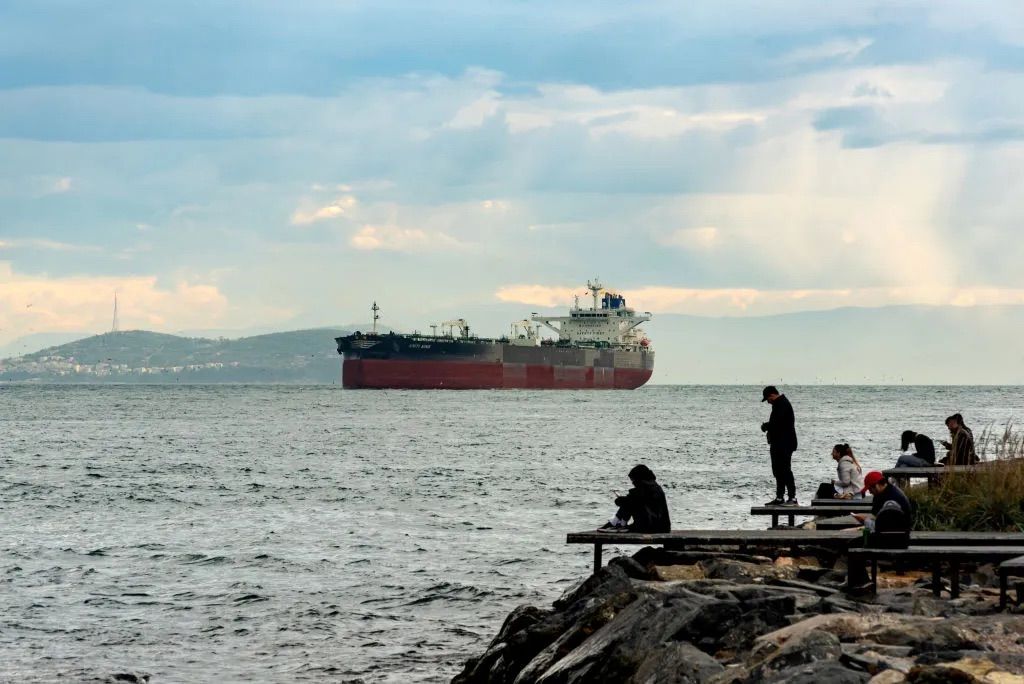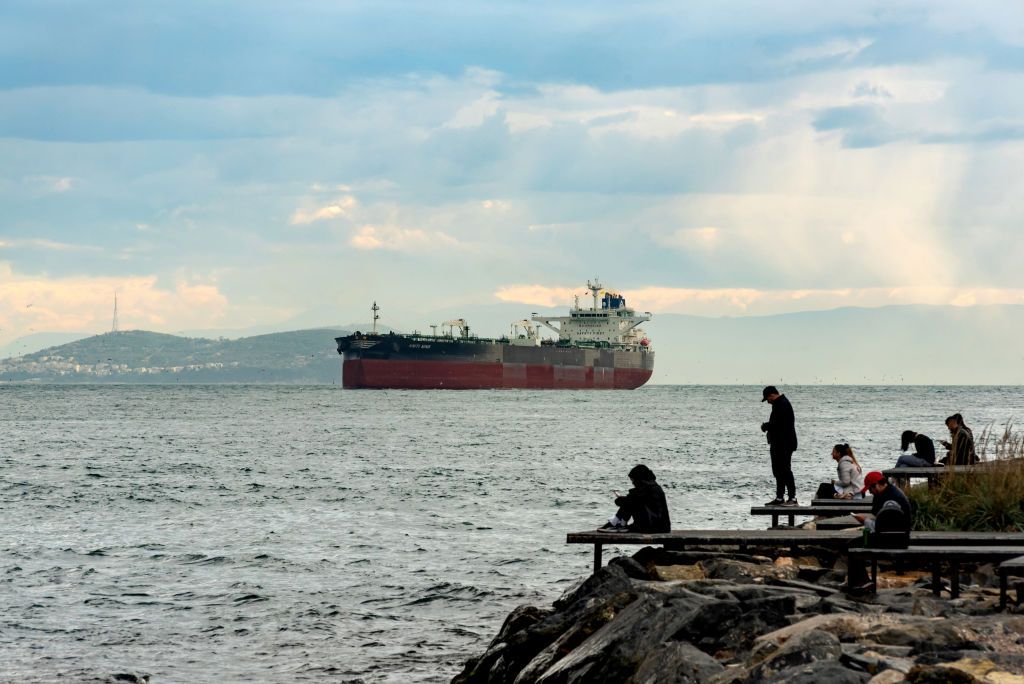The sinking of two Russian tankers in the Kerch Strait on Dec. 15 may cause "significant" environmental damage, Greenpeace Ukraine warned.
The two tankers, which reportedly sank due to severe weather conditions, were carrying approximately 4,000 tons of fuel oil on board each.
"Any oil or petrochemical spill in these waters has the potential to be serious," the head of Greenpeace Research Laboratories, Dr. Paul Johnston, said in a statement issued by Greenpeace Ukraine. "If the ships sink, then there is the potential for releases of oil and petrochemicals over a longer time span."
Johnston added that the type of oil spilled will make a difference to the environmental impact, with heavy residual fuel oils causing more visible damage than marine gas oils which tend to break up easier.
It was not immediately clear as to what type of oil was spilled in the sinking of the tankers, which were originally built around 50 years ago and were hastily converted in the 1990s from full-fledged tankers to "river-sea" class vessels.
"If (the oil) is driven ashore, then it will cause fouling of the shoreline which will be extremely difficult to clean up," Johnson added.
Greenpeace noted that a 2007 Russian oil tanker spill in the Black Sea, which release 1,200 tons of oil, resulted in "severe" environmental damage which was observed upwards of one year after the incident.
Russia's full-scale war against Ukraine has caused massive environmental damage, including the destruction of the Nova Kakhovka Dam and subsequent flooding, widespread forest fires, and the devastation of wide stretches of farm land.
According to a joint study conducted by Ukraine's Environment Ministry and climate NGOs released on June 13, the total damage associated with greenhouse gas emissions from the first two years of the full-scale invasion has exceeded $32 billion. That number does not include other types of environmental damage caused throughout Russia's full-scale invasion which likely amounts to hundreds of billions of dollars.
In October, the Kyiv School of Economics Institute warned that Russia's "shadow fleet" of old and poorly insured tankers pose significant environmental risks, as these often uninsured and aging vessels increase the danger of oil spills.














